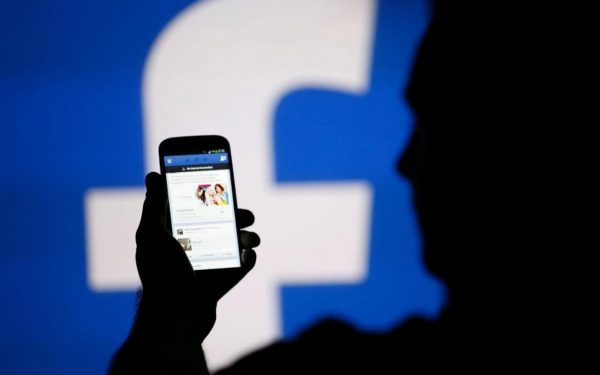Facebook has a plan to fight fake news. Here’s where we come in
Facebook announced today that it is taking several steps to reduce the reach of fake news. One of the initiatives announced by the social network, third-party fact-checking, will allow verified fact-checkers in the United States to review stories to determine if they are true or false. If enough fact checkers mark a story as fake, the post will be marked as such in users’ News Feeds.

The company will rely on the code of principles developed by the International Fact-Checking Network (IFCN), an alliance of fact-checkers hosted by Poynter, as one prerequisite to determine whether to verify fact-checkers on its platform.
Below is a question-and-answer with Alexios Mantzarlis, the director of the IFCN, which is hosted by Poynter.
So does the IFCN have final say over who gets to be a third-party fact-checker on Facebook?
No! Facebook has decided that being a signatory to the IFCN code of principles is a “minimum condition” to be verified as a fact-checker on the platform.
We are only involved to the extent that Facebook relies on the list of signatories to our code of principles as a starting point for the organizations it chooses to verify. Facebook is the only organization certifying third-party fact-checkers on its platform.
The IFCN itself is not a fact-checking organization and therefore is not a third-party fact-checker.
How was the code developed?
The code was proposed at the third annual conference of fact-checkers in Buenos Aires, developed in consultations among leading fact-checkers worldwide in the following months and launched in September.
Can anyone sign up?
The code of principles is for organizations that regularly publish nonpartisan reports on the accuracy of statements by public figures, major institutions, and other widely circulated claims of interest to society.
How is the code of principles enforced?
To recognize the diversity of legal and security circumstances fact-checkers face worldwide — and in light of the IFCN’s full-time staff of one — the process was launched with an open self-reporting requirement. Under the terms of the code, the signatories had to publish, once a year, a detailed report on how they complied with the code for anyone to vet.
Will Facebook’s announcement change things?
Yes. Given the heightened importance of the code — I do not take lightly the additional filtering role it will now play — existing plans to establish a more formal vetting mechanism behind the code of principles will be accelerated.
We conducted an interim desk review of the U.S. fact-checkers and will ask all signatories to produce a full report within the next few weeks. While the pilot phase of Facebook’s program unrolls, aspiring new signatories can express their interest through our online form but will not be vetted before a definitive vetting system has been established.
Does Facebook fund the International Fact-Checking Network?
It does not.
Do you think the steps announced by Facebook will be effective?
The International Fact-Checking Network is one of several voices that advocated for Facebook to do something about the visibility of entirely fabricated news designed to fool users into believing them. Last month, 20 fact-checking initiatives wrote an open letter to Facebook CEO Mark Zuckerberg asking him to cast a wide net in seeking solutions to the problem.
It is commendable that the company has chosen to address this challenge, even if only in the United States for now. It is impossible to know at this stage whether the strategies announced will actually be effective. Facebook has said it will continue to iterate on the basis of what they learn. Fact-checkers — both the ones involved in this initial phase and others around the world — will no doubt continue following the situation critically.
Article written by Benjamin Mullin and Alexios Mantzarlis